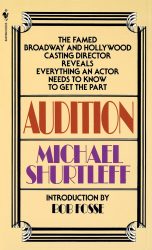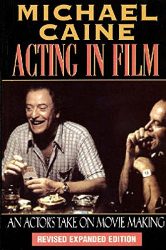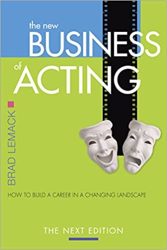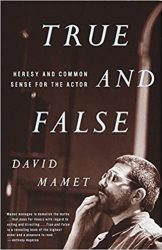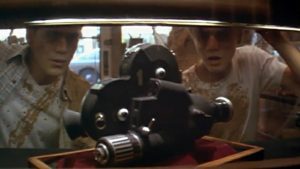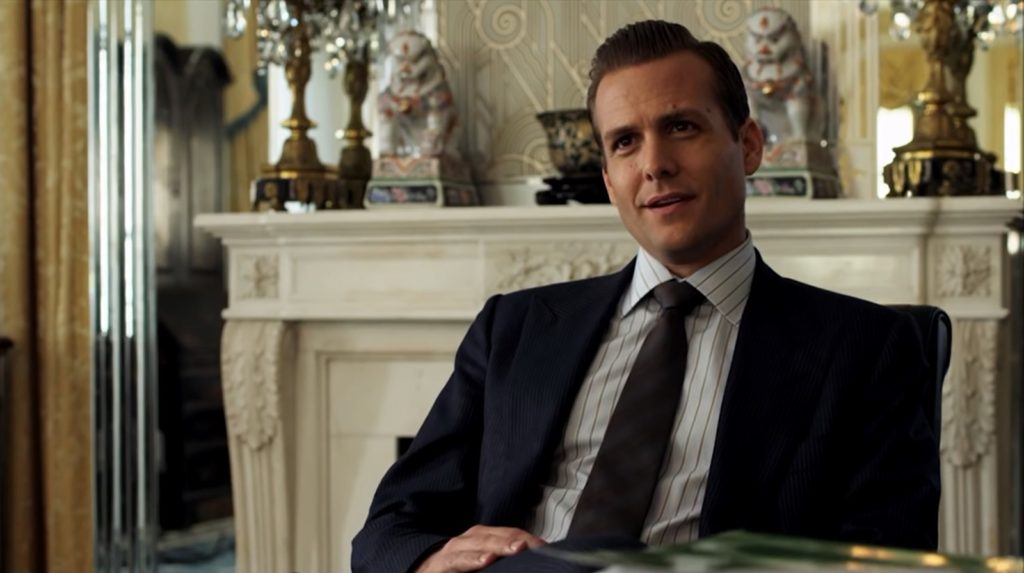
So you’ve been invited for a meeting with a talent agent, congratulations! Getting signed by an agent is an exciting next step in your acting career, yet the meeting itself can seem daunting. We’re here to help you prepare for your first talent agent meeting by sharing 10 questions that a talent agent might ask you and how you can answer them.
A prospective agent will ask about you, your credits, and your industry relationships. They will inquire about your future goals and dream roles. They will want to know logistical details like your availability and your expectations of them. Finally, they might ask you if you have any questions.
In reality, each meeting with an agent will be different, and every agent will have their own set of questions they like to ask. But, these 10 questions cover a fair bit of ground, so if you prepare your answers to all 10 of them, you’ll likely be more than ready for anything that a talent agent might throw your way. We’ve also included suggested ways to answer these questions to give you some inspiration.
1. Tell me about yourself.
Agents will want to get to know you, the person, just as much as you, the actor. You want to provide a little bit of both in your answer to showcase what makes you unique. You can start with where you are from and what made you want to become an actor. Tell them about your history in the industry, the training you have done, and the connections you have made along the way.
But be genuine, don’t just go through an endless list of credits: that’s what your resume is for. Talk about your hobbies and other interests… Try to connect with the agent and have a genuine conversation with them during the meeting. You want to show them that you are someone they (and their contacts in the business) will want to spend time with.
Also, make sure that your response is not exclusively about your dreams and passions to be an actor. For many industry veterans, this is a sign of naivete. You can, of course, talk about your passion for acting, but pepper that with other aspects of your life. This is also a good moment to communicate your business savvy, so discuss any other industries you have worked in and what you know about the acting industry, especially if you are green.
2. Who have you worked with?
An agent wants to know that you have been working hard to get your name out there and build relationships with industry people that could open up doors for you. Talent agents want to know that there are casting directors, directors, and other actors who like to work with you because that increases your value as an actor, and that makes their job of “selling you” easier.
Before you meet with the talent agent, compile a list of people you have worked or studied with. Make sure that these are people who you have built a relationship with and who would be more than happy to vouch for you. Think of them as references if this was a typical job interview. And, of course, the agent will definitely be impressed if you have well-respected names on your list.
Also, talent agents will sometimes have your resume in front of them and ask you what it was like working with a specific director, actor, etc. Be ready to discuss this with the agent and remember: always talk positively about the people you have worked with. Agents want to know how professional you are, so these are the types of questions they ask to get a sense of your work ethic.
3. Why do you want to be an actor?

If you haven’t discussed this in your answer to the first question, some agents will ask you why you want to be an actor. The simple truth is that they want to find out if you are doing it for the right reasons. That your motivation for being an actor is founded on something deeper than fame or success… Because the reality is that you probably will never become a celebrity actor. Only about 1-2% of actors do. Your prospective agent wants to see that you are committed to the grind of a working actor’s life and that your passion will carry you through the tougher times.
The answer to this question is very personal, and you don’t want to just spit out a cliché. So dig deep! Use the acting skills you have cultivated, like your creativity and vulnerability, and tell your story.
4. What kinds of roles do you see yourself playing?
When asking this question, the agent looks to see whether you have a good sense of your type. They want to understand whether you are realistic about the roles you could be cast in and if your visions for your career are aligned.
To prepare for this question, try this exercise:
- First, list 10 character archetypes that you think you could play.
- Then, ask your friends and family to list some types they believe you can play.
- Try to also survey strangers for their opinions. You can do that by:
- Posting a photo of you on this Reddit thread and asking people to cast you https://www.reddit.com/r/castmeas/.
- Asking other people in your acting classes for their opinion, etc.
- Finally, see where there is overlap. This should be your answer to the question.
You can approach the agent’s question in a few ways. For example, you can list the types of roles that you think you could audition for or give concrete examples of parts from film/TV (ex., James Bond). You can also provide examples of celebrity actors who play a similar type to yours (ex. an Adam Sandberg type, a Melissa McCarthy Type, an Emma Watson type, etc.).
5. What are your short-term/long-term goals?
Ah, the classic question! Agents want to see that you have ambition but that you can also be realistic about the timeline of an acting career.
Be honest and specific about the types of roles you would like to book in the next 6 months, 1 year, and 5 years. Goals are always more persuasive when formulated using the SMART method, so make sure they are Specific, Measurable, Achievable, Relevant, and Time-Bound. For example, I would like to book a recurring guest star role in a hit TV show a year from now.
Support this goal with concrete actions that you are taking to make them come true to show your prospective agent that you are proactive about your career. To open up a conversation, you can flip the question and ask them whether they think your goals are realistic.
6. What do you expect from me?
If your prospective agent asks this, it is because they are trying to establish whether your expectations fit with theirs. They want to make sure that you would work well together.
Be honest when answering this question: you are also looking to see if the agent is a good match. However, you need to make sure that your expectations are realistic. Highlight what you expect them to do. For bonus points, point out what you will commit to doing for this working relationship to flourish. If this is your first time signing with an agent, make sure you research what an agent’s role is ahead of time.
Here you can also bring up your communication expectations. How do you expect that they will let you know about auditions? Do you prefer a phone call or an email? This is a legitimate conversation to have, because you want to know that they have been working for you.
7. Why do you want to sign with me?
This is where you can show off that you have done your research! The agent wants to know what brought you to the agency and what value you see in them versus any other talent agent. This is not just about boosting their ego. Your answer will also give them insight into what you value in an actor-agent relationship and how you see yourself fitting into their roster.
The best way to prepare for this question is to have done your research. Whether it is because an actor whose career you admire has signed with this agency or because you appreciate the high-touch nature of the agency, you have to be able to articulate why the agency stands out for you. Visiting the “About” page of the agency is always a good place to start your research.
8. Who has repped you before?
An agent will want to know who has represented you before them (if anyone). They can use this information to do a little bit of digging on their part. If you haven’t signed with an agent or manager before, be upfront about that. If you have, you can disclose who was representing you. Make sure not to talk badly about your previous agent even if things ended on a sour note, because your prospective agent will be picking up clues about how you discuss your working relationships.
You should also be ready to discuss why you left your previous agent if you had one. You can say things like we were growing in different directions, The type of roles they were getting you were mainly x and you were hoping for y. If your agent dropped you, then you need to be upfront about that as well. It’s very important to be honest here when answering this question, especially if you’re getting an agent in the same city because the agents will potentially have talked to each other in advance of this meeting.
9. What is your availability like?
This is a make-or-break question for agents. They are testing your commitment to your acting career: is it your priority? Again, they want to know whether you’ll be worth their time. Agents want to ensure that if they submit you for an audition, you’ll be able to show up well-prepared with only a day’s notice (if need be). Remember that your work reflects on your agent’s reputation. This is why agents want to ensure that the actors in their roster are reliable.
With all of this in mind… Be honest about your availability. Share your other commitments with your prospective agent and tell them how much notice you need for an audition. Embellishing your situation will not serve you. Your agent will realize quickly that you are not as available as you let on once they start sending you to auditions. If you do have to work to support yourself financially, that is totally fine! But, some jobs allow for more flexibility in your schedule than others, so it’s worth evaluating your options.
10. Do you have any questions for me?
As in any interview, your answer to this question should be, “Yes.” When meeting an agent for the first time, you should ask them questions about themselves and their career to get to know them better. You can also ask them about their vision for your career to understand what kind of work they will send you. Finally, you can ask them logistical questions regarding your professional relationship, like how they want to communicate with you and how their contract works. As you can see in the video above, you can also use the opportunity to share additional information.
If you need some inspiration, check out our article on the 10 Best Questions to Ask a Talent Agent.
Conclusion
By preparing an answer to these 10 questions, you will be more than ready for your meeting with a talent agent. Remember that your attitude, presence, and confidence will also impact the agent’s decision. So bring your A-game and show them how pleasant of an actor you are to work with. Make it easy for them to want to sign you.
